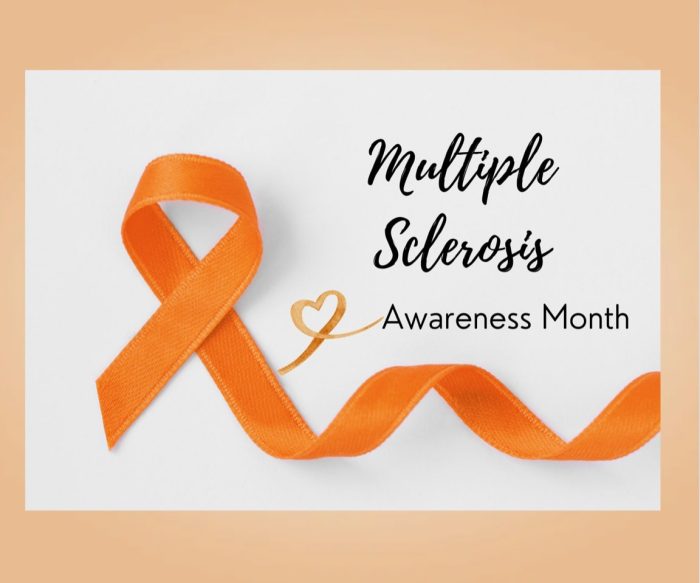MS Awareness Month: Navigating Life with Multiple Sclerosis
March is Multiple Sclerosis (MS) Awareness Month, and it is the perfect time to learn more about this chronic disease that affects the central nervous system. MS can be a difficult condition to manage, and it can have a significant impact on a person's life.

Here are some important things to know about MS:
- MS is an autoimmune disease that affects the central nervous system, including the brain, spinal cord, and optic nerves.
- The cause of MS is unknown, but researchers believe that both genetics and environmental factors may play a role.
- Symptoms of MS can vary widely from person to person, but common symptoms include fatigue, numbness or tingling in the limbs, muscle weakness, difficulty walking, and vision problems.
- There are several different types of MS, including relapsing-remitting MS, primary progressive MS, and secondary progressive MS.
- Treatment for MS typically involves a combination of medications, physical therapy, and lifestyle changes.
- There are many ways to manage MS symptoms, including exercise, stress reduction techniques, and healthy eating.
- It's important for people with MS to work closely with their healthcare team to develop a treatment plan that is tailored to their individual needs.
- MS can be a challenging condition to live with, and many people with MS experience emotional and psychological issues. It's important for people with MS to seek support from family, friends, and healthcare professionals.
- There is ongoing research into new treatments and therapies for MS, and advances are being made all the time.
- By raising awareness of MS and supporting research efforts, we can help improve the lives of people with this condition and work towards a cure.

If you or a loved one has been diagnosed with MS, know that you are not alone. There is a strong community of people living with this condition, and there are many resources available to help you manage your symptoms and live a fulfilling life.
